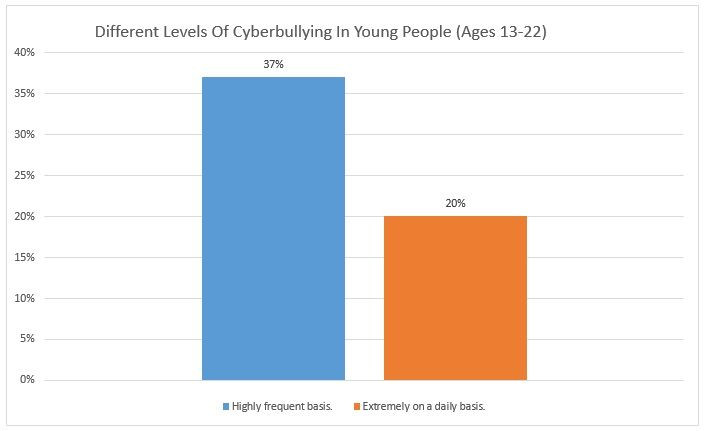Survey Says Even Children As Young As 8 Years Old Are Bullied Online

In the digital age and the popularity of social media sites, children have been spending most of their time on the Internet, thus exposing them to possible bullying. According to a new report by the Mirror, eleven percent of eight- to 16-year-olds have been bullied online.
Nick Viney of Intel Security, which conducted the research, said, "Evidently, cyber bullying continues to be a persistent problem that children face online. Whilst it is reassuring to see social networking sites change their policies in order to curb cyber- bullying, parents should not just rely on this."
Intel Security's research was based on a survey conducted among 2,000 parents and 1,000 children online. It revealed that 49 percent of the young respondents have seen cruel behaviours on networking sites. The survey also showed that 1/3 of those who have witnessed cruel behaviour online failed to report it, and 40 percent of the parents surveyed have not talked to their children about social media bullying.
A separate research conducted by the University of Oxford linked cyber bullying of children and youngsters to depression, Breaking News cited. The research found that out of the 683 survey participants, 14.8 percent suffered from depression at the age of 18 after experiencing online bullying at the age of 13, while 17.1 percent of those who were subjected to some bullying were depressed at 18.
A child takes risks of being bullied online as soon as he learns “virtual” interaction. Cyber-bullying can have adverse effect on a child, and at worst, could result into dangerous consequences.
But a new report by the American Psychological Association found that face-to-face bullying is more upsetting to the youth than being “virtually” harassed. The report said that what is more harmful is being bullied offline, combined with online harassment.
“Technology-only harassment incidents are among the least problematic and upsetting to youth. Youth reporting mixed technology and in-person harassment should be a priority for educators and prevention experts who are trying to identify the most serious and harmful experience,” the research cited in its conclusion.
The research found that 34 percent claimed to be bullied in the past year and 54 percent of the 311 harassment incidents the participants described occurred in person. Another 15 percent said they were bullied only through technology, while 31 percent were bullied through both. It added that it would be helpful to put in place prevention programmes that teach youth to handle negative feelings and “to de-escalate tensions are promising in this regard.”
Various social media sites have taken the initiative to take action and help stop cyber- bullying. Facebook has partnered with Marc Brackett and Robin Stern of the Yale Center for Emotional Intelligence to help youth and adults deal with bullying on the social media platform. Dubbed as the "Bullying Prevention Hub," the initiative provides users a guide on how to address harassment online. Twitter, another popular social media platform, has also put in rules against cyber bullying.
Another platform joining social media sites promoting education on online safety is London-based Audioboom (London AIM:BOOM). As an audio platform, the company is providing a venue for news reports and podcasts against bullying.
To contact the writer, email: vittoriohernandez@yahoo.com






